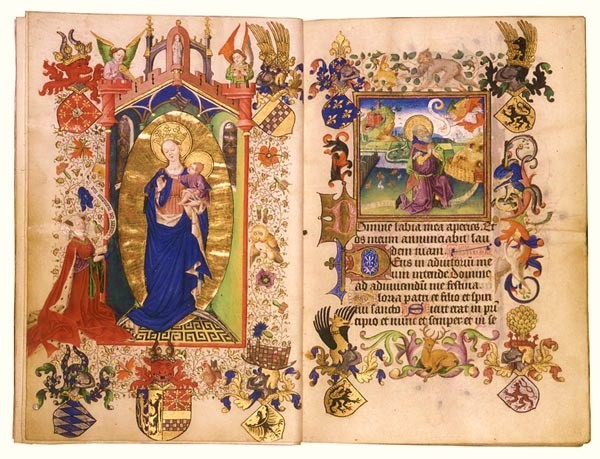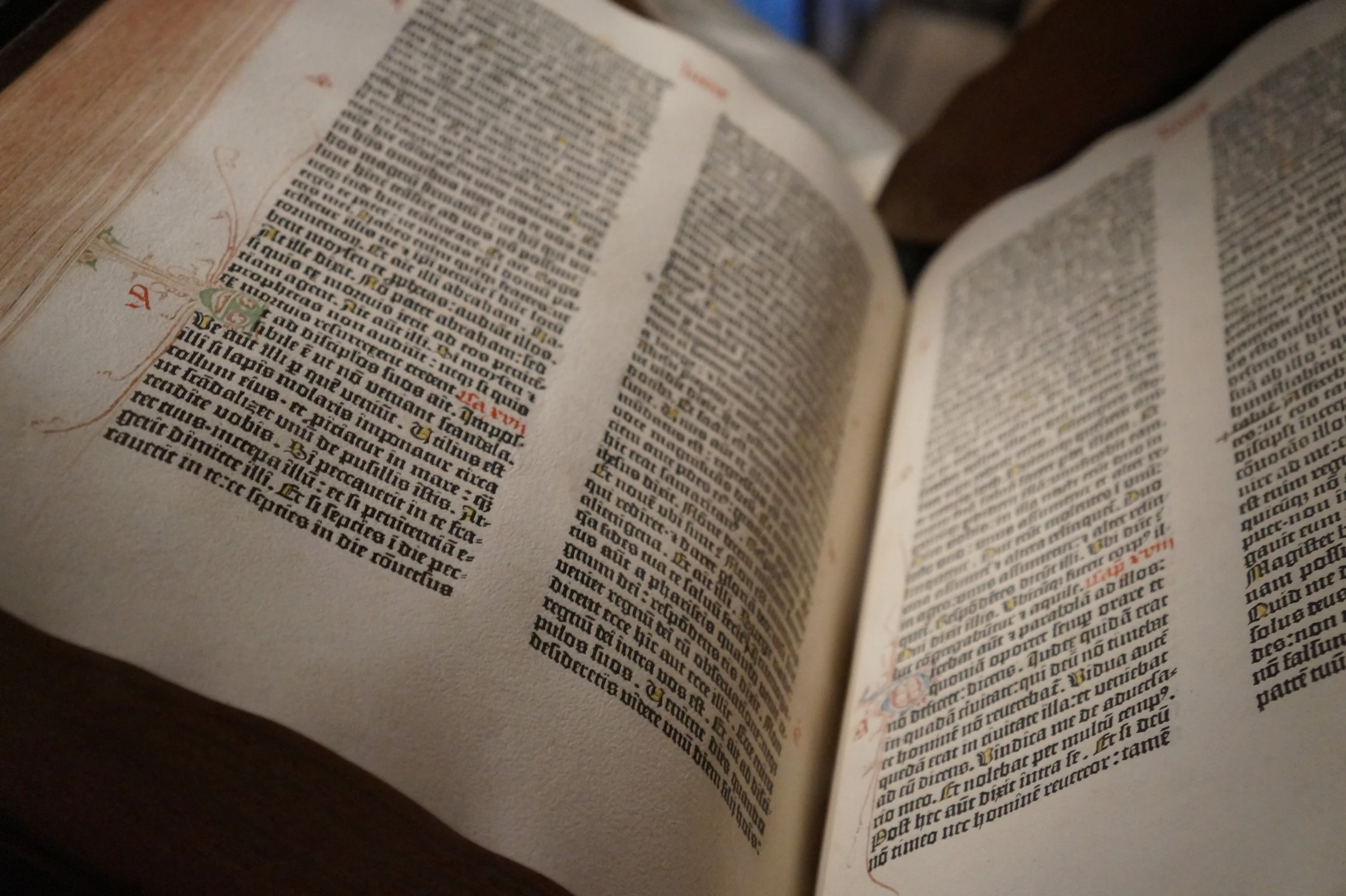By Sabrina Fay
The above thumbnail image was taken via the PublisHistory Blog
What would our planet be without books? They contain worlds of information, imagination, and the fruits of human thought. But once upon a time, there were only a few thousand books in circulation throughout the entire world; they were painstakingly handwritten by educated monks, each letter delicately placed and each cover filigreed to convey the rarity and uniqueness of the item. Due to the blood, sweat, and tears put into them, books were commonly accessible only to a select literate elite. They created a divide between the poor, illiterate masses and the literate upper class.
This exclusivity of knowledge was busted apart in 1440 (approximately), however, with one revolutionary advent that pushed the world into a new era: the printing press. A wooden device utilizing matrices of movable type created from metal, its design allowed for large portions of text to be placed at once, and for books and book copies to be easily made. The design was completely unique from any other printing technique at the time, and was considered so efficient that it underwent little to no change up to the 20th century. Thanks to the printing press, reading and the ability to acquire knowledge through reading became much more available to the masses. The number of books being read and written grew exponentially thanks to this invention, and helped middle and lower class individuals to feel as though they were on a more level playing field with those occupying the upper echelon of society. Though the value of the printing press' invention cannot be understated, neither can the importance of its creator, Johannes Gutenberg.
Johannes Gutenberg's full name was Johann Gensfleisch zur Laden zum Gutenberg, and he was born in Mainz, Germany, sometime during the late 1300's. A man of many trades, Johannes was skilled in goldsmithing, blacksmithing, and gem cutting. The son of a patrician, Gutenberg was exiled from Mainz during a bitter power play between the city's nobles and guilds, and so moved to Strassburg around 1430 (though he eventually returned to Mainz and even passed away there many years later).
It was the late 1430's when Gutenberg seriously began experimenting with printing and publishing techniques with a few different partners. When he began to formulate a design for the printing press, he knew it was something special and kept it a secret from his colleagues so that he could work on it private. But there's no way Gutenberg could have predicted the extent to which his invention would influence the scope of the written word throughout the world and create an industry out of publishing. Today, a book can be written easily on a laptop and then printed at a nearby Staples. Yet none of this would be possible were it not for one man's singular burst of creativity, and diligence in bringing it to bear.



